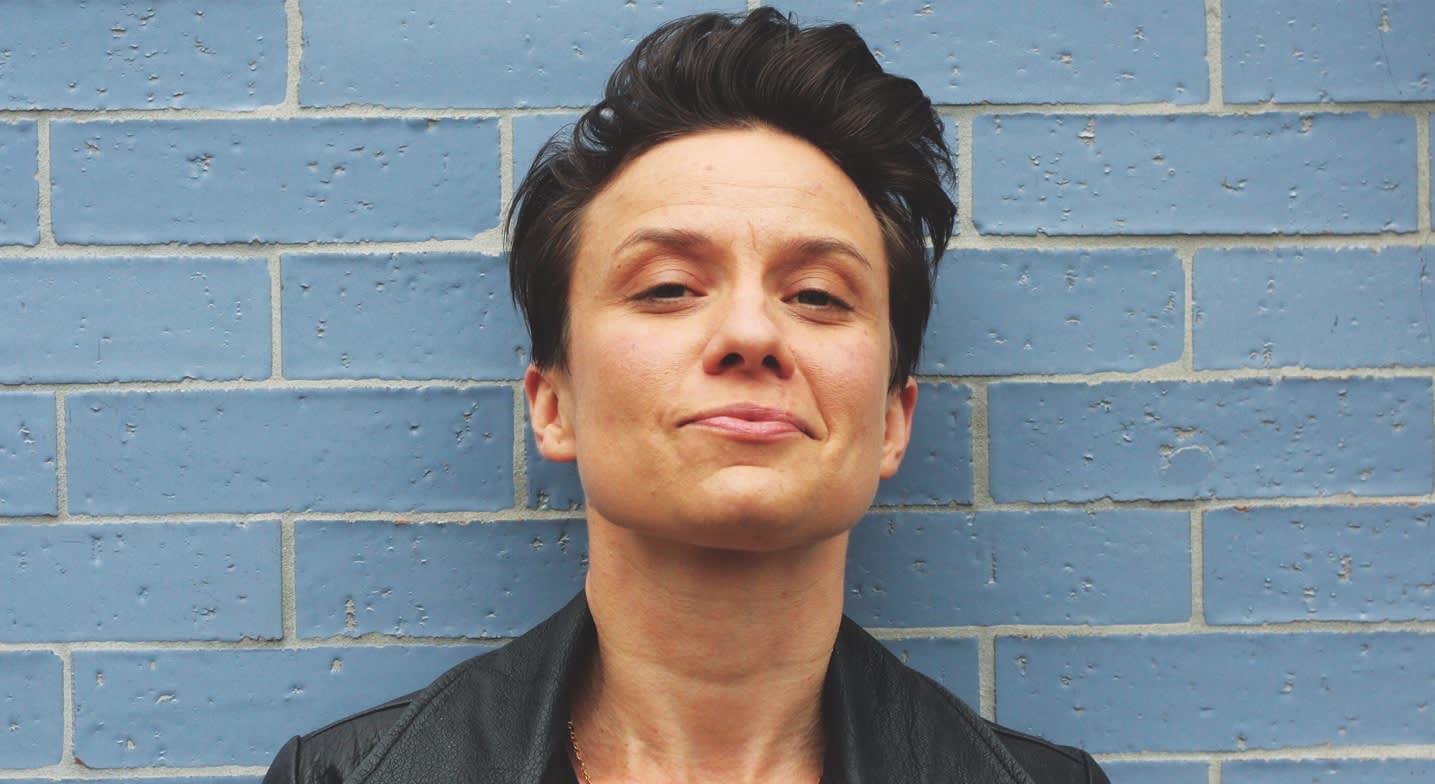Note: Text may not match audio exactly
It was important to me that the audiobook be in my own voice, with my New York accent. Today I’d say it’s primarily a signifier of class. And because you rarely hear one nowadays, it also serves as a reminder that the blue-collar core of New York City is disappearing. That said, for me, having a New York accent has had both upsides and downsides: On the downside, there are still a significant number of people who perceive anyone with an accent as less intelligent. And even though brilliant writer Robert Caro and physicist Richard Feynman both have/had strong New York accents, it’s no secret that when people hear one, the first thought that comes to their minds isn’t, “Wow. Now I betcha that person has popularized quantum electrodynamics!”
But on the upside, when my book proposal was going around to publishers, a lot of the potential editors told me that, after reading it, they went ahead and listened to . And it was this combination of hearing and reading my work that really drove home the fact that my voice — the voice of working-class New York women — was missing in literature. (Sad-but-true fact: The last notable book written by a working-class woman, about us, was A Tree Grows in Brooklyn. It was published 73 years ago!)
I think it’s so important that writers and storytellers alike know that it’s okay — better even — to tell their stories in their authentic voice.
In that way, my accent helped me to get a book deal. So, for the record, thank you accent! But, jokes aside, I think it’s so important that writers and storytellers alike know that it’s okay — better even — to tell their stories in their authentic voice, to not fear being taken less seriously, or judged as less intelligent because they may sound — both on the page and the stage — unlike others. In fact, that’s the very reason to do it. So onwards, especially to you, my accented sistren and brethren!
I told stories onstage before I wrote and published them, but even before that, I was an avid story-listener. Because I am a third-generation bartender, born and raised in the bar business, I’ve often joked, “My being able to tell a good story is like some guy, born seven feet tall, being able to play a little basketball.” Storytelling is high art in bars, and starting at a very young age, I was a dedicated student — still today, there’s little I’d prefer to do than sit around listening to bar regulars spin their yarns.
Luckily for me, within the last five years or so — thanks mainly to The Moth — the art of live, true storytelling has taken off. I got my start by showing up at one of The Moth’s open-mic StorySLAMS, events which are now held in 26 cities around the world, and which allow anyone to throw their names in a hat, get onstage, and share their stories. My very first story was about “coming out” to my mom. I use quotation marks here because I didn’t really have to tell her. Let me explain (these are the actual opening lines of that story):





